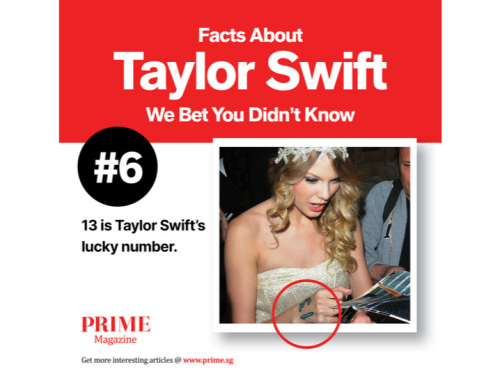You’ve made a resolution to start eating healthier, so you banish junk food and include only healthy foods in your diet. But what is widely regarded as ‘healthy’ may not be as nutritious as you think!
You grab a bran muffin and smoothie from the deli for breakfast. For lunch, it’s strawberry yoghurt and vitamin water. And to get you through the afternoon, you reach for trail mix and that bottle of green tea from the supermarket. You may think that these healthy choices provide your body with wholesome antioxidants, vitamins and protein, but too much of these may do more harm than good!
Bran Muffin
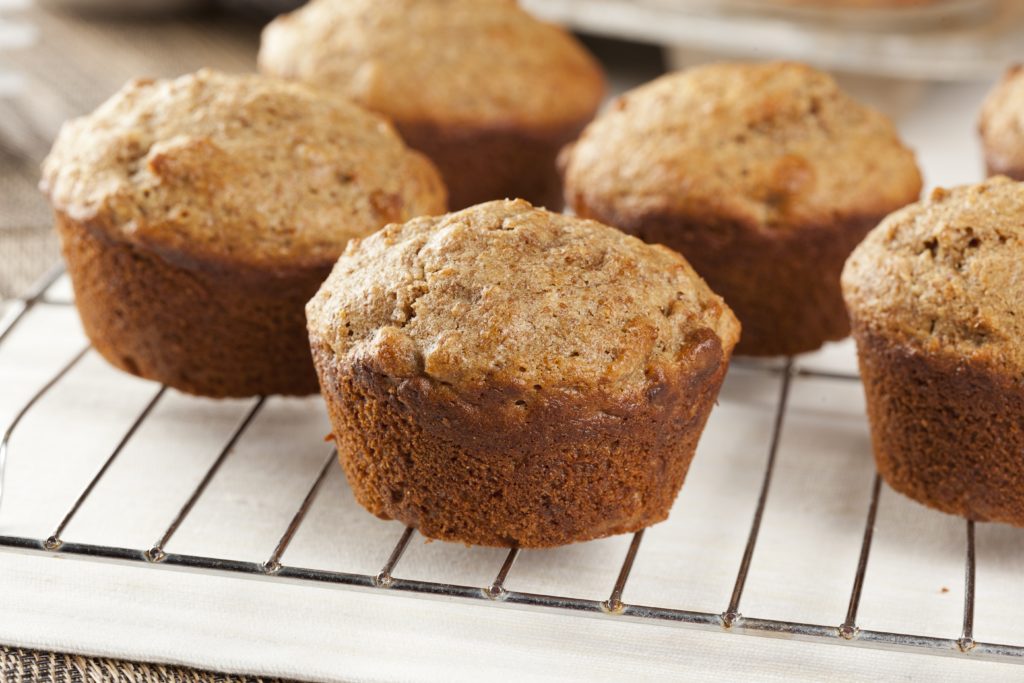 We all know to stay away from that oily late of char kway teow for breakfast, but is the bran muffin really a wholesome alternative? It is true that bran, the outer layer of grains such as oat, is rich in fibre, protein, vitamins and dietary mineral, but when they are baked into a muffin heaped with sugar, refined grains and excess sodium, a bran muffin can have more calories than a doughnut! If you simply can’t turn your back on your favourite bran muffin, why not try making your own healthy version? You can decide what goes into a homemade muffin and also control their portion sizes.
We all know to stay away from that oily late of char kway teow for breakfast, but is the bran muffin really a wholesome alternative? It is true that bran, the outer layer of grains such as oat, is rich in fibre, protein, vitamins and dietary mineral, but when they are baked into a muffin heaped with sugar, refined grains and excess sodium, a bran muffin can have more calories than a doughnut! If you simply can’t turn your back on your favourite bran muffin, why not try making your own healthy version? You can decide what goes into a homemade muffin and also control their portion sizes.
Vegetable Patties
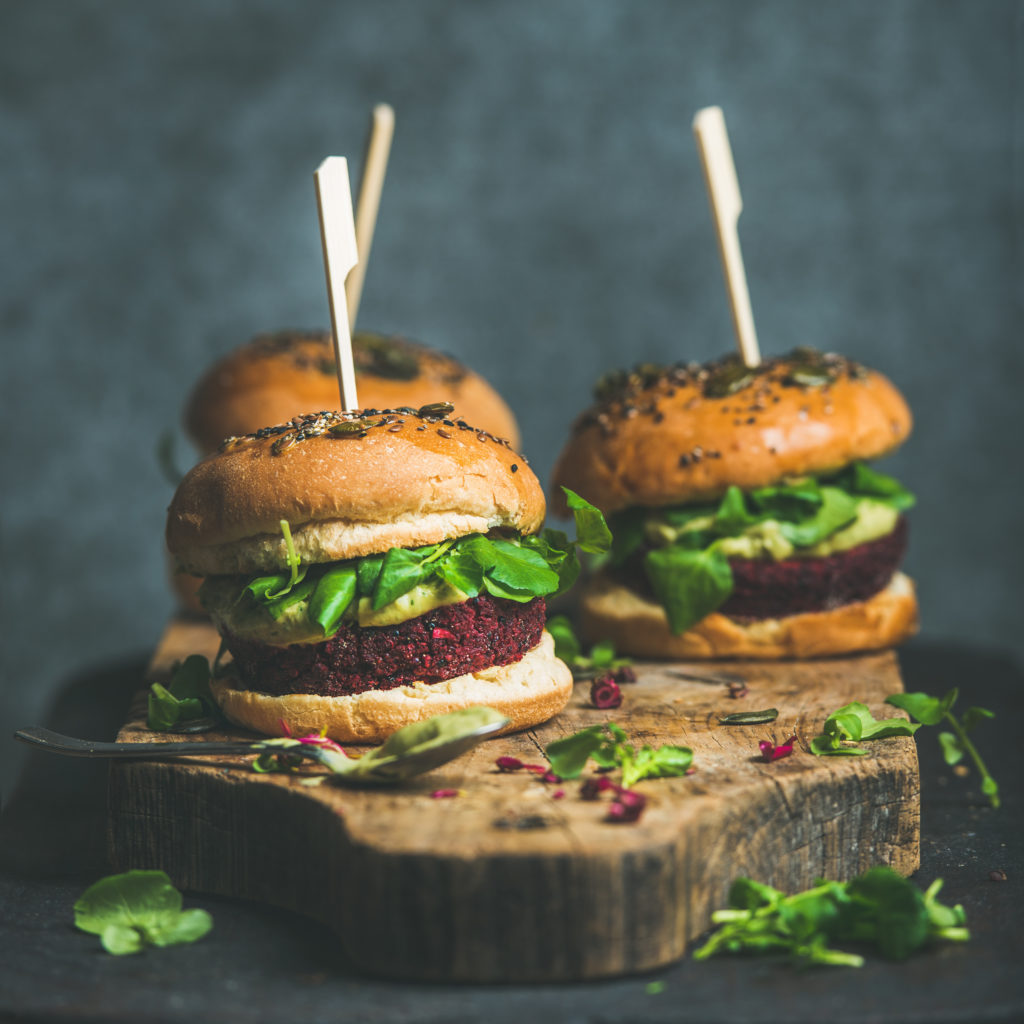 Unless you make patties yourself, do bear in mind that the processed, frozen versions may contain more than just vegetables. Besides chemical additives (such as caramel colouring that gives food that beautiful golden brown colour), those veggie patties may also include fillers such as soy protein concentrate which gives the burger a chewy, meat-like texture.
Unless you make patties yourself, do bear in mind that the processed, frozen versions may contain more than just vegetables. Besides chemical additives (such as caramel colouring that gives food that beautiful golden brown colour), those veggie patties may also include fillers such as soy protein concentrate which gives the burger a chewy, meat-like texture.
Trail Mix
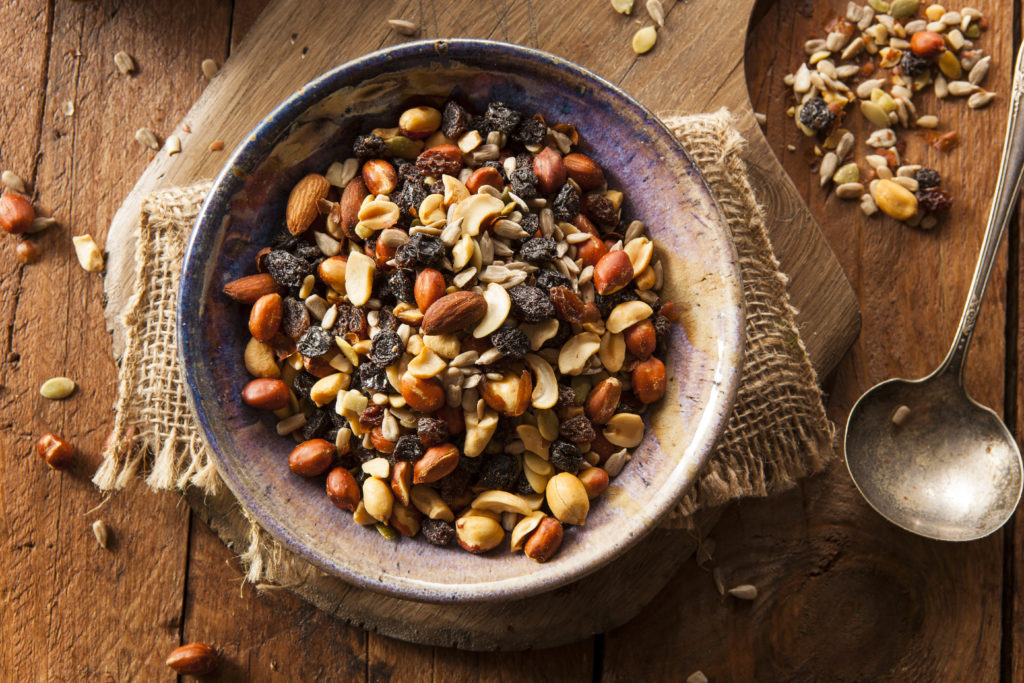 You would think that fruit and nuts are one of the healthiest combinations for a guilt-free snack, and the combination of protein, fibre and vitamins from trail mix seems like a perfect example. But store-bought versions of trail mix often include less nutritious additions such as deep fried banana chips or salt covered nuts. Dried fruits also often contain added sweeteners (sugar or corn syrup), so be sure to take note of the ingredient list. Put together a healthy mix yourself with carefully selected nuts and seeds. You can even add a little high-cocoa dark chocolate!
You would think that fruit and nuts are one of the healthiest combinations for a guilt-free snack, and the combination of protein, fibre and vitamins from trail mix seems like a perfect example. But store-bought versions of trail mix often include less nutritious additions such as deep fried banana chips or salt covered nuts. Dried fruits also often contain added sweeteners (sugar or corn syrup), so be sure to take note of the ingredient list. Put together a healthy mix yourself with carefully selected nuts and seeds. You can even add a little high-cocoa dark chocolate!
Flavoured Yoghurt
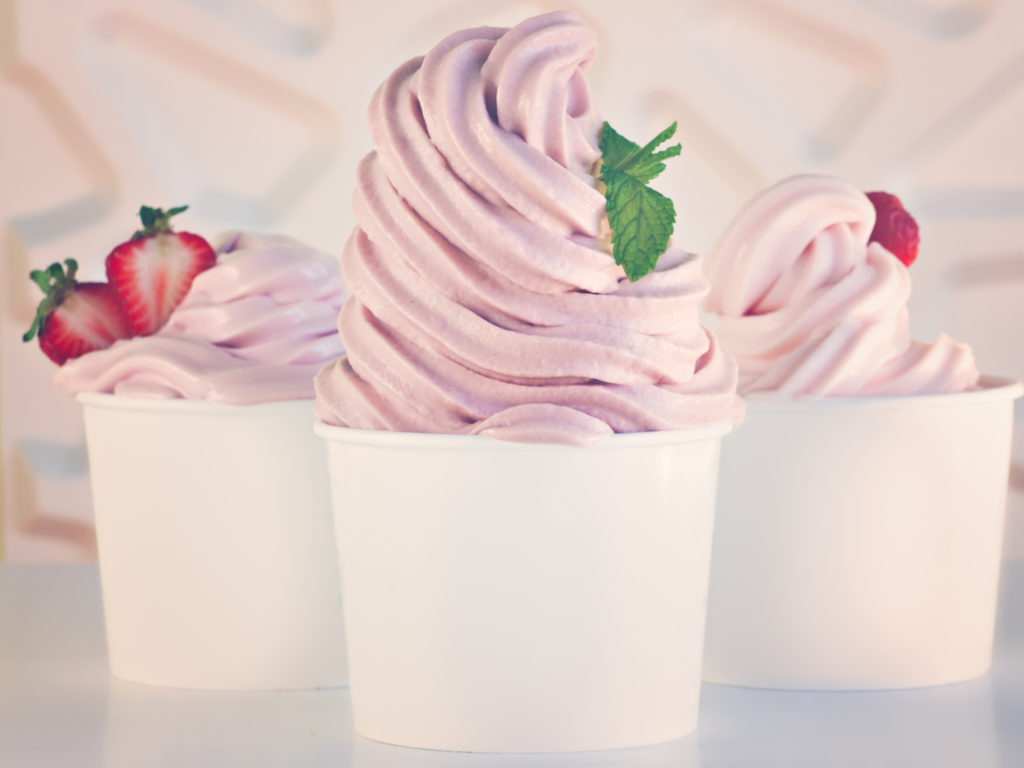 What could pack a more powerful health punch than a bowl of greek yoghurt? It’s full of protein, gut-loving probiotics and other vitamins and minerals and can even help you to lose weight! However, plain yoghurt with all its goodness is rather sour. FLavoured yoghurt is more palatable, but comes with the cost of increased calories. Flavoured yoghurt usually contains fruit concentrate and artificial food colouring instead of fresh fruit. The may also contain artificial ingredients such as emulsifiers and preservatives and are often loaded with sugar. To truly enjoy the benefits of yoghurt, stick to plain Greek yoghurt and add your own fruit or nuts!
What could pack a more powerful health punch than a bowl of greek yoghurt? It’s full of protein, gut-loving probiotics and other vitamins and minerals and can even help you to lose weight! However, plain yoghurt with all its goodness is rather sour. FLavoured yoghurt is more palatable, but comes with the cost of increased calories. Flavoured yoghurt usually contains fruit concentrate and artificial food colouring instead of fresh fruit. The may also contain artificial ingredients such as emulsifiers and preservatives and are often loaded with sugar. To truly enjoy the benefits of yoghurt, stick to plain Greek yoghurt and add your own fruit or nuts!
Vitamin Water

Fruit Smoothies
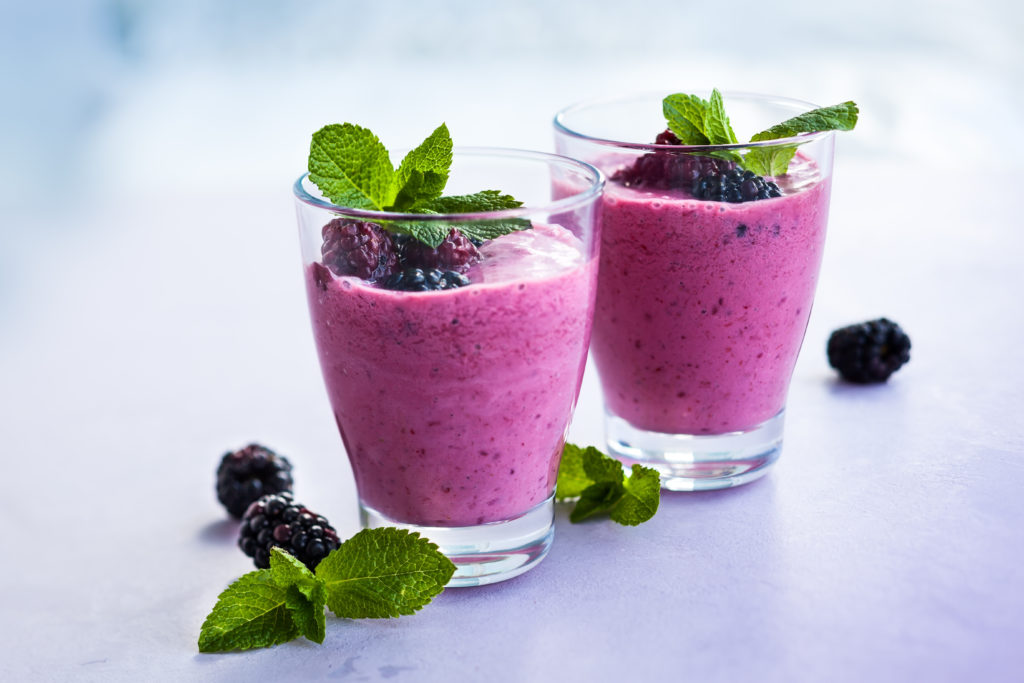 Downing a smoothie is one of the easiest way to add fruits to your diet, but fruits contain sugar too and smoothies allow you to consume a lot more fruit than you usually would in one sitting. If you are drinking smoothies from the juice bar, these also contain other sigar-rich ingredients such as flavoured yoghurt, whipped cream or syrup. Calories from fruit can add up quickly and even if you don’t add sweeteners, you would still be getting a good dose of sugar in your body. Also, smoothies have a weaker satiety value than solid food of similar energy level and this may keep you feeling as if you have not eaten enough, leading you to consume more.
Downing a smoothie is one of the easiest way to add fruits to your diet, but fruits contain sugar too and smoothies allow you to consume a lot more fruit than you usually would in one sitting. If you are drinking smoothies from the juice bar, these also contain other sigar-rich ingredients such as flavoured yoghurt, whipped cream or syrup. Calories from fruit can add up quickly and even if you don’t add sweeteners, you would still be getting a good dose of sugar in your body. Also, smoothies have a weaker satiety value than solid food of similar energy level and this may keep you feeling as if you have not eaten enough, leading you to consume more.
Green Tea
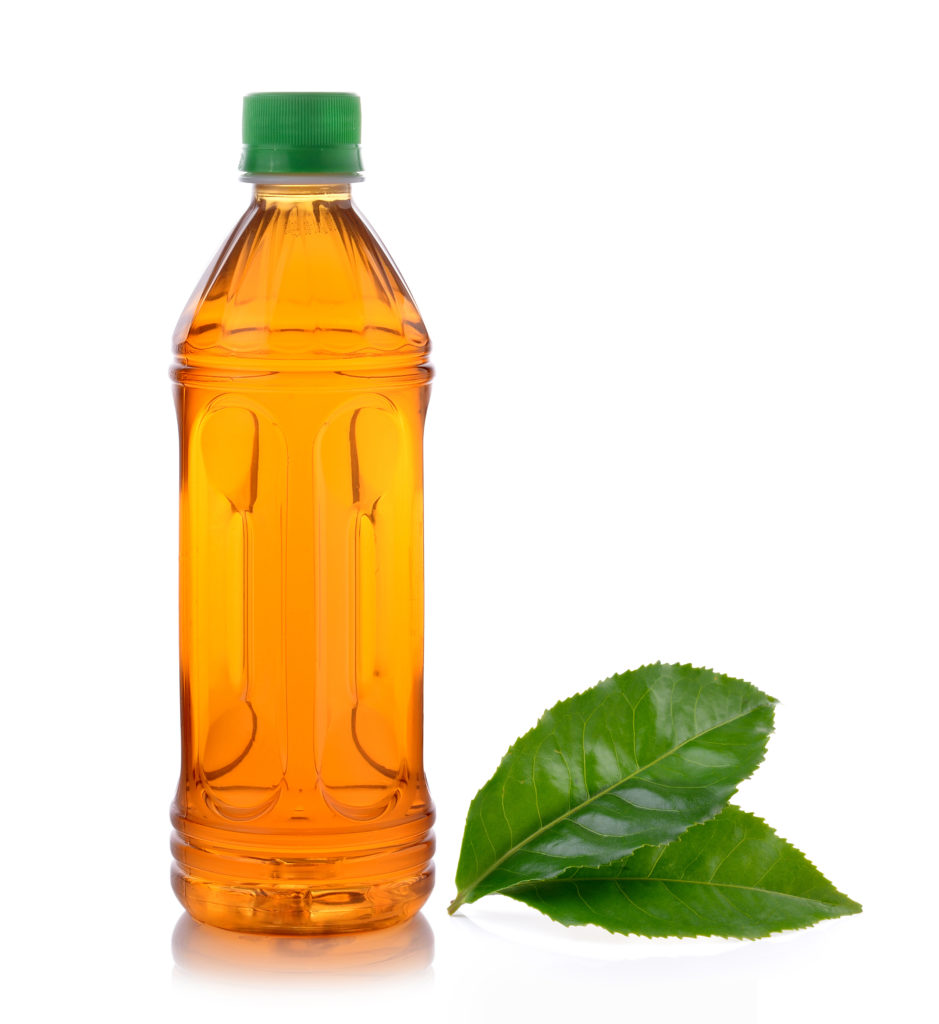 When you reach out for a bottle of iced green tea to quench your thirst, you are probably imagining all the health benefits that you will be getting from it. That may not be the case though. Brewed green tea leaves are full of antioxidants and nutrients and are the richest source of antioxidants such as epigallocatechin gallate (EGCG). On the other hand, the bottled green tea that you grab off supermarket shelves is a whole different matter. Tests carried out on green tea beverages sold in stores showed that these beverages contained very low amounts of EDCG but were high in sugar content instead.
When you reach out for a bottle of iced green tea to quench your thirst, you are probably imagining all the health benefits that you will be getting from it. That may not be the case though. Brewed green tea leaves are full of antioxidants and nutrients and are the richest source of antioxidants such as epigallocatechin gallate (EGCG). On the other hand, the bottled green tea that you grab off supermarket shelves is a whole different matter. Tests carried out on green tea beverages sold in stores showed that these beverages contained very low amounts of EDCG but were high in sugar content instead.









